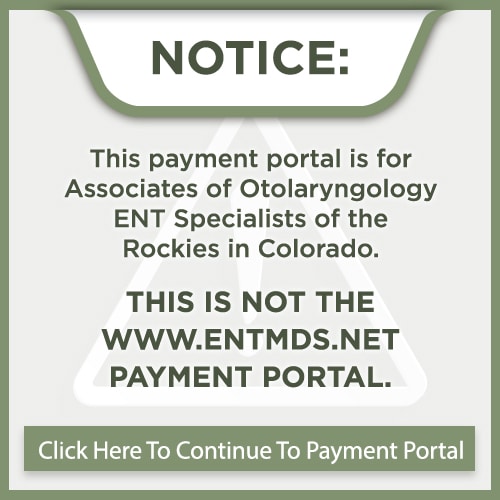Every day we are exposed to different noises and sounds from our environment. These everyday sounds are usually at a safe volume that won’t damage our hearing, however, some very loud sounds can be harmful to our hearing. Not only can these loud sounds damage our inner ear structures, they can also cause noise-induced hearing loss (NIHL).
What Causes Noise-Induced Hearing Loss?
Sound is measured in units called decibels. When a sound is 85 decibels or higher, it can cause hearing loss over a while.
Individuals can experience NIHL by continuous exposure to loud sounds, or an intense one-time exposure. Those who take part in shooting, hunting, attending loud concerts, or listening to music at a high level through headphones are all at a higher risk for NIHL.
What are the Signs of Noise-Induced Hearing Loss?
NIHL can affect individuals of all ages when they are exposed to loud noises over some time or experience damage due to a loud burst of sound. Because NIHL can happen over time, individuals may not notice signs of hearing loss until they become more severe. Common signs that you may be experiencing NIHL include:
- Difficulty hearing others in loud environments
- Distorted or muffled sounds
- Ear pain
- Tinnitus, or a buzzing or ringing sound in the ears or head
- Temporary hearing loss
An examination by one of our ENT physicians can help to determine if you are experiencing NIHL.
Noise-Induced Hearing Loss Treatment
The most common treatment option for NIHL includes the use of hearing aids. Patients can also help to prevent further damage by avoiding harmful noises and wearing hearing protection when around these sounds.
For more information regarding sublingual immunotherapy in the Denver, Lone Tree, and Castle Rock areas, contact Associates of Otolaryngology today to schedule an appointment.





